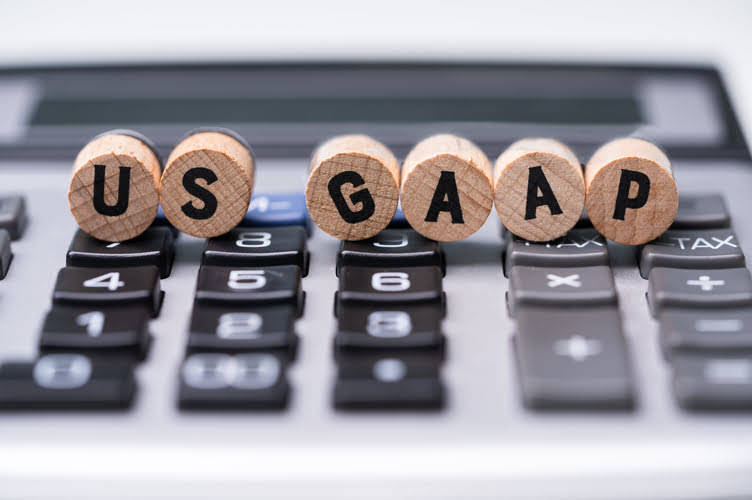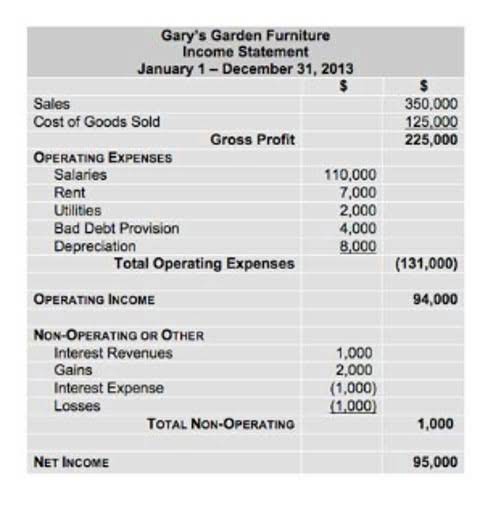
Deposit income into your business bank account and pay expenses from there. This bookkeeping and payroll services separation will make it easier to track your business transactions and prepare your tax return. At its core, bookkeeping involves recording and organising your financial transactions, such as sales, purchases, and expenses. You can choose to do your bookkeeping manually using pen and paper or a spreadsheet, or you can use specialised software to automate the process.
- In smaller businesses, bookkeepers may prepare tax returns, calculate payroll, or analyze spending patterns to support operations.
- Whether you’ve recently become self-employed, are looking to do so soon, or have been a sole trader for a while, tax laws change and the path to tax-efficiency and compliancy can be a long one.
- To keep accurate records, it is important to establish a system for bookkeeping.
- You receive a tax-free Personal Allowance of £12,570, beyond which you must start paying tax.
- If you plan to be making over £1k per year as a self-employed person in the near future, then you can choose to proactively register to get ahead of the game.
Manage your accounts anytime with expert support and easy online tools for sole traders.
Budgeting may seem like an impossible task when you’re running a small business as a sole trader. Start by reviewing historical records such as profit-and-loss statements from prior years or similar businesses in your industry to identify trends and set realistic revenue and expense goals. As a sole trader, it is essential to record all your business transactions. Recording transactions involves the process of documenting every activity that involves money in your business. This process helps to keep track of cash inflows and outflows, which allows you to monitor the financial health of your business. Maintaining good records also facilitates filing tax returns accurately and promptly without being subjected to penalties or interest payments due to incorrect filing.

Business expenses

You also must pay Class 2 & Class 4 National Insurance within 3 months of becoming self-employed. You need to pay Class 2 if your annual income is over £6,475 and Class 4 if it’s over £9,501. Once you’ve developed a budget, monitor your actual performance against it regularly. Reviewing income statement your results regularly allows you to make adjustments as needed and maintain financial stability.

How Important is Sole Trader Accounting?
This should be a daily process, to ensure all the transactions from the day are logged correctly. It is now the main source of inspiration, education, and collaboration for the owners of fast-growing businesses, from startups to mid-market companies. Real Business provides readers with high profile interviews, news, insight and industry benchmark reports, as well as a growing stable of events tailored to SME growth. With clean books, streamlined financials and professional advice when needed, you can tackle self-assessment submissions confidently and efficiently. By taking these simple steps, you can rest assured that your business finance records are in good shape and will stand up sole trader accounting to any external scrutiny if selected for auditing. For tangible assets like equipment, thoroughly track purchase invoices, in-service dates, depreciation terms, expected lifespans and disposal values.
- Failure to do so can result in penalties and legal issues, which can be costly and time-consuming to resolve.
- A debit entry increases assets and expenses while reducing liabilities and income, whereas a credit entry increases liabilities and income while reducing expenses and assets.
- Accounts receivable (AR) and accounts payable (AP) are essential aspects of managing cash flow for any business owner.
- As the task of bookkeeping is most definitely best done digitally – it’s much faster, more efficient, accurate and secure.
Understanding the Benefits of Professional Advice
By prioritising proper bookkeeping practices, sole traders can focus on what they do best – running their business – and leave the financial management to the experts. Reconciling bank accounts means comparing the transactions recorded in your accounting system with the ones on your bank statement to ensure they match up correctly. Failure to reconcile bank accounts regularly can result in errors in financial statements that could lead to incorrect tax returns or other legal issues. From April , instead of filing an annual self-assessment, you’ll need to use MTD compliant accounting software to keep track of your financial records and submit quarterly income tax updates to HMRC.




0 comentário